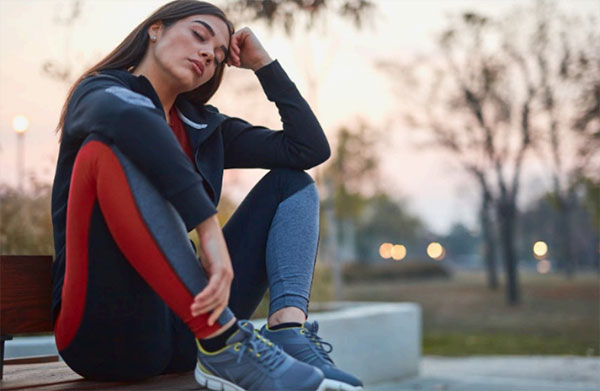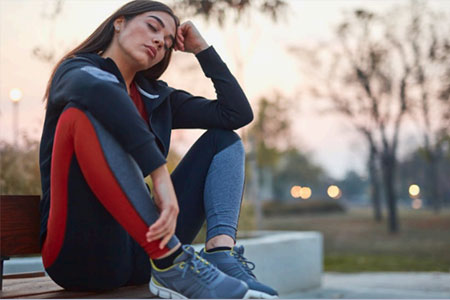
To excel in sports, athletes need more than intense training and a nutritious diet. A crucial yet often neglected factor is the role of sleep. Understanding the significant impact of sleep can help athletes enhance their performance and sustain their competitive edge. Let’s look at how sleep impacts athletic performance and what you can do to improve sleep quality.
Sleep’s Impact on Athletic Performance
Insufficient sleep is linked to delayed reaction times, fatigue, and impaired decision-making. For collegiate athletes, who rely on quick reflexes and sharp mental acuity, this can be particularly detrimental. Optimal athletic performance requires the body and mind to be well-rested, ensuring that athletes can react swiftly and make sound decisions under pressure.
Injury Risk and Recovery
Sleep-deprived athletes face a higher risk of musculoskeletal injuries and slower recovery from injuries. During sleep, the body undergoes critical repair processes, including muscle growth and tissue repair. Without adequate rest, these processes are compromised, leading to a greater likelihood of injuries and prolonged recovery times, which can keep athletes off the field and hinder their progress.
Academic Performance and Cognitive Function
Lack of sleep impairs cognitive function and is associated with lower GPAs. For student-athletes, balancing academic responsibilities with training and competitions can be challenging. Sleep deprivation affects concentration, memory, and learning abilities, making it harder to excel academically. Ensuring adequate sleep can enhance cognitive performance, leading to better academic outcomes and a more balanced student-athlete experience.
Mental Health and Emotional Well-Being
Poor sleep increases the risk of mental health issues, while mental health problems can further reduce sleep quality and duration. Inadequate sleep is linked to symptoms of anxiety, depression, and other mental health disorders. Conversely, mental health struggles can disrupt sleep patterns, creating a vicious cycle. Prioritizing sleep is essential for maintaining both mental and emotional well-being, helping athletes manage stress and perform at their best.
The Sleep Deficit Among Student-Athletes
During the competitive season, student-athletes average only 6.27 hours of sleep per night, falling short of the recommended 8 hours. About 61% of these athletes experience daytime fatigue at least three times a week. Additionally, 19% of male and 23% of female student-athletes report difficulty sleeping for at least eight days in the past month.1 This sleep deficit can have profound effects on their performance, health, and overall quality of life.
Tips for Achieving Restorative Sleep
- For optimal sleep, maintain a regular sleep-wake cycle, even on weekends.
- Establish a bedtime routine to signal sleep time.
- Manage light exposure by seeking morning brightness and avoiding night-time blue light. Keep your bedroom cool, dark, and quiet.
- Limit caffeine, nicotine, and alcohol before bed. Avoid heavy meals and excessive fluids in the evening.
- If sleep-deprived, short naps can help, but avoid them if they disrupt night sleep.
- Use the bed only for sleep; if you can't sleep, do a calm activity until drowsy.
Take Action for Better Sleep Today!
Understanding and prioritizing sleep can significantly boost your athletic and academic performance, as well as your overall well-being. If you're struggling with sleep or need personalized advice, our Sports Medicine Practice is here to help.
Milan M. DiGiulio, M.D. offers comprehensive orthopedic care for you and your entire family,specializing in Sports Medicine and arthroscopic surgery of the shoulder and knee. Dr.DiGiulio performs over 200 arthroscopic shoulder and knee surgeries each year, using themost advanced surgical technology. Dr. DiGiulio is an advocate of non-invasive, non-surgical treatment options such as Physical Therapy and Orthobiologics.
Reference:
1. practicalneurology.com/articles/2019-mar-apr/sleep--elite-athletic-performance







